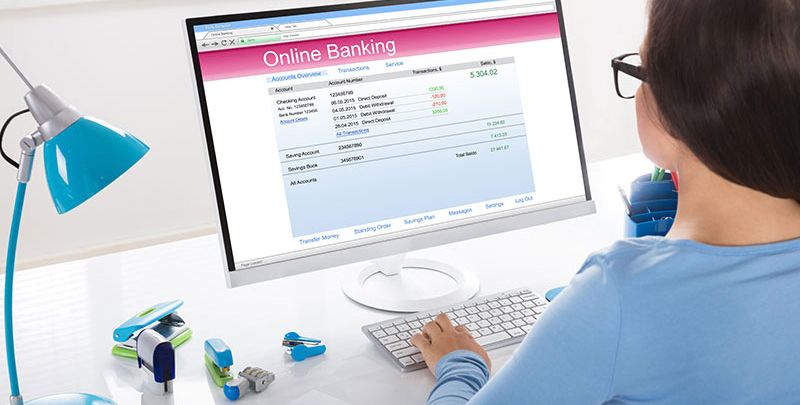You are out shopping, and while at the payment counter, you make a quick transfer instead of using your card. But,
just as you are ready to pay, you realise you don’t remember your bank account number! This string of numbers may
seem like just another set of digits to remember, but it holds essential information about your bank account,
enabling you to send or receive funds seamlessly.
What is bank account number?
At its core, a bank account number is a unique identifier assigned to
your account by your banking institution. This
number is essential for processing deposits, withdrawals and transfers. It ensures that the money you move reaches
the right destination every time.
By understanding your bank account number, you are better equipped to manage your finances and ensure the accuracy of
your transactions.
How a bank account number works?
Bank account numbers are the foundation of the banking system's ability to organise and process daily transactions.
Each bank account number is linked to a personal banking profile. This helps banks track and manage financial
activities like deposits, withdrawals, transfers and bill payments.
The intelligent design of these numbers involves a combination of digits that identify not just the account but also
the branch and bank itself. This systematic approach ensures accuracy in the banking process, making it easier to
check your bank account number and confidently conduct transactions.
Also Read: Which bank
account should you open as an NRI?
Protecting bank account numbers
In an era where digital transactions are ubiquitous, protecting your bank account number is as important as
safeguarding your wallet.
There are several measures to protect your bank account number. These include sharing it only with trusted entities,
regularly monitoring account statements for any unauthorised transactions, and using secure networks while accessing
online banking. Understanding what a bank account number is includes understanding how to protect it.
Different ways to know your bank account number
Welcome letter
When you open an account, the welcome letter from your bank typically contains
your bank account number. It's one of the most straightforward methods to find your account number and should be
kept in a secure place for future reference.
Cheque book
Your chequebook is a means of payment and a convenient way to find your bank account
number, which is printed on each cheque.
Also Read: Complete Guide on
Digital Banking
Bank passbook or account statement
Your passbook or monthly account statements are reliable
sources for checking your bank account number. They offer a record of your transactions and your account details,
making them a practical tool for financial management.
Mobile banking app
Most banks offer a mobile
banking app where you can easily find your bank account number. Once logged in, your account summary will
display this vital number.
NetBanking
NetBanking provides a comprehensive view of your bank account, including your account
number. It is a secure and
efficient way to manage your finances and keep track of your account details.
How to locate your bank account number?
To locate your bank account details, check the bottom of your chequebook. It is also displayed on your bank passbook and monthly statements, both paper and digital.
For online access, log in to your bank's website or mobile app, navigate to your account details, and look for the number under your primary account information. Alternatively, you can contact your bank’s customer service to confirm your account number.
How long is a bank account number?
In India, the length of bank account numbers generally varies from 9 to 18 digits, influenced by the specific bank and the account type. Most banks adopt account numbers of 11 to 16 digits, while a few may extend up to 17 digits by incorporating leading zeros. These differences are crucial for uniquely identifying each account within the bank’s database.
Conclusion
Understanding and protecting your bank account number is crucial to managing your financial health. Whether through a
welcome letter, chequebook, bank passbook, mobile app or NetBanking, it's important to be vigilant and informed
about your bank account details. Remember, a well-managed bank account number is a step towards a secure and
efficient financial future.
Also Read: 10 benefits of
opening an Axis Bank Digital Savings Account
If you're exploring options for a new bank account or seeking advanced financial services, consider looking into the
account offerings at Axis Bank. With its commitment to security and customer service, Axis Bank is an excellent
choice for those prioritising the safety and efficient management of their financial resources.
Disclaimer: This article is for information purpose only. The views expressed in this article
are personal and do not necessarily constitute the views of Axis Bank Ltd. and its employees. Axis Bank Ltd.
and/or the author shall not be responsible for any direct / indirect loss or liability incurred by the reader
for taking any financial decisions based on the contents and information. Please consult your financial advisor
before making any financial decision








